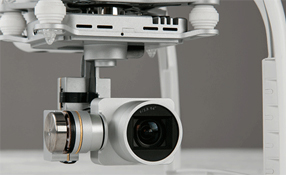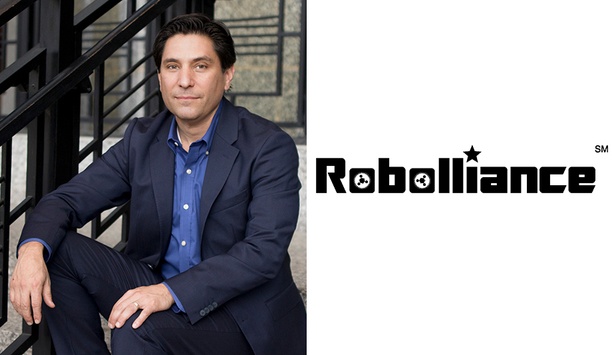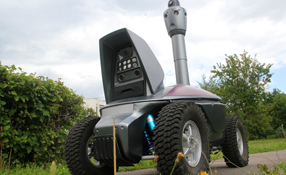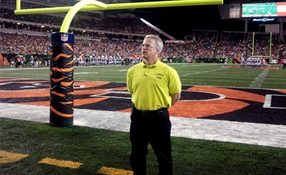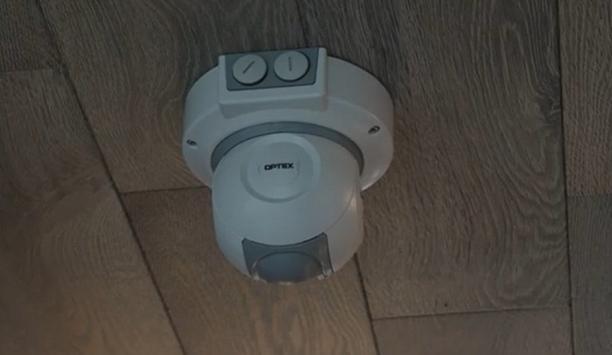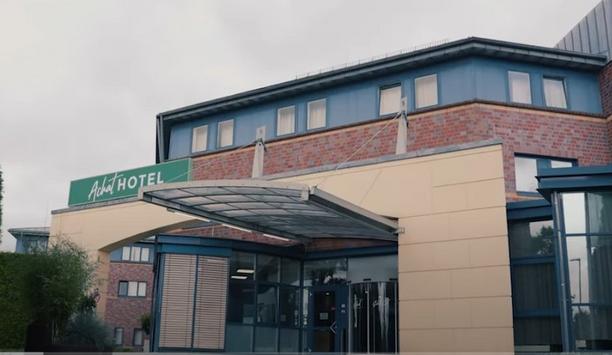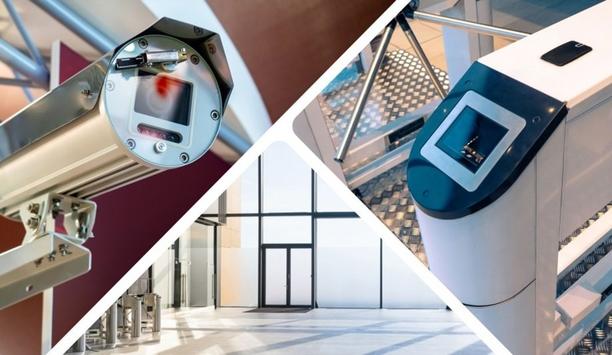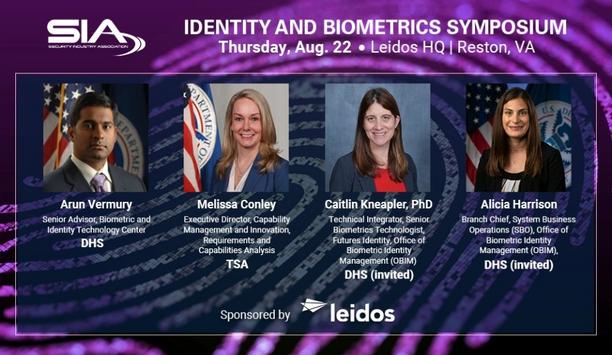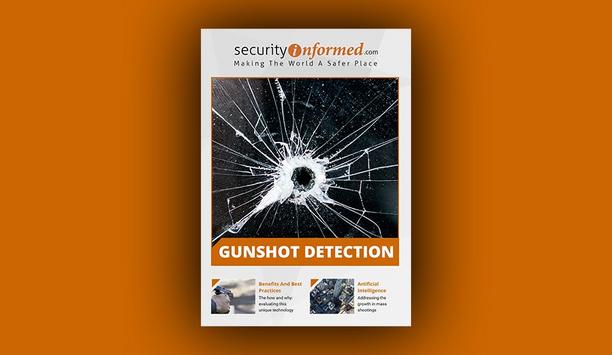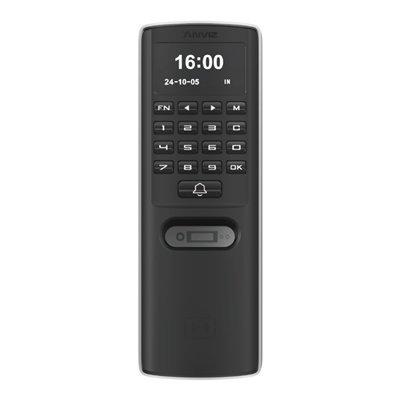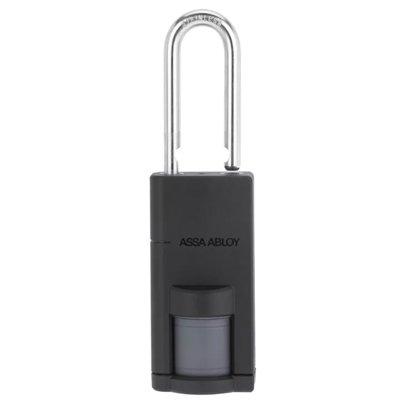 |
| As more veterans exit the military at the end of tours, an increasing number will likely be turning to security firms for employment |
You can identify the military veterans among private security guards by the way they wear their uniforms, according to one security company executive. Each veteran looks comfortable in the uniform and exudes a confidence you don’t often see among those without a military background.
It comes as no surprise that security companies like to hire veterans – more than practically any other industry. With a growing population of U.S. men and women coming out of the service after tours of duty in Iraq and Afghanistan, the number of highly trained service personnel represents an opportunity for the nation’s security industry.
Many veterans are trained with skills that translate readily into a private security position. These include uniformed guard positions, and also many management and technical jobs including human resources, sales and intelligence.
Many companies – particularly those run by veterans – are motivated by a desire to help employ former military personnel, but that’s clearly not the primary rationale. A theme that comes through in conversations with a variety of security companies, CEOs, human resource leaders and managers is that veterans are simply more likely to do a good job.
“Why we go so hard after veterans,” says Drew Levine, President of G4S Secure Solutions, North America. “is because we don’t have to ‘hope’ they will be able to do the job. You take that out of the equation because (veterans) have already performed admirably, they understand the rule of law, they understand an order, they understand there are procedures for a reason. We have found over 50 years (of company history) veterans are one segment of the population that typically works the best at all levels in our company.”
 |
| A variety of security companies feel that veterans are simply more likely to do a good job |
Denver-based Cloverton Security actively recruits veterans with the emphasis on former soldiers with Special Forces training. The company, a division of Cana Security, caters to the growing marijuana dispensary industry.
The company provides armored car and guard service for the transportation of both money (there’s a lot of that) and product (which tends to be valuable).
“One particular trait that we like is if they have a background in urban assault training and procedures,” says company founder Dan Williams. “Since the cannabis industry is very new and unique, we’re writing the book on those procedures daily. In order to do that it really helps if we have people who have urban assault and urban warfare training instead of the old out-of-the-box secure armed transport.”
His clients need and demand a higher level of security to protect large amounts of cash common to these businesses. Since few banks will provide business accounts for the dispensaries, they tend to generate large amounts of cash that have to be transported between locations. With strict state and federal regulations, the companies have to be very careful how they monitor and track product as well.
Cloverton director of training is former military and has written training procedures for SWAT teams around the country.
“In this instance he’s rewriting all the procedures for pick up and drop off for cannabis and cash considering it’s high risk,” says Williams.
Many veterans like Dennis Lejeck got their start in the business as an entry level security guard. Today, he’s running his own company – Black Knight Security in Pittsburgh.
“The majority of veterans bring leadership skills to the job,” he explains. “If early on they demonstrate leadership skills those are the people we are looking to promote.”
As a result, his company has site superintendents, account managers and other non-guard positions filled by veterans.
 |
| The security market is starting to attract an increasing number of woman veterans as well |
Veterans make good employees because they are “responsible people who listen, that follow rules, and are used to making sure that what’s in front of them happens,” says Deborah Brantley, Vice President, Human Resources and Talent at AlliedBarton Security Services. “Military folks manage people or they manage things, so they bring those skills with them. They take training seriously. So even if they don’t have exactly the right skills that we need, they are usually open to learning how to do something they don’t yet have training for.”
While the majority of uniformed guards tend to be male, the security market is starting to attract an increasing number of woman veterans as well.
One of them is Kateri Nelson, who serves as Capture Management Support Representative with AlliedBarton Security Services in Lakewood, Colo. After leaving the military in 2011, she joined the company’s human resources department as an assistant and then a recruiter. With training in linguistic skills and information gathering, she was a natural for recruiting new security officers.
As more veterans exit the military at the end of tours and as units are decommissioned to meet federal budget constraints, an increasing number will likely be turning to security firms for employment. Many will find an open door.
“I don’t know that the rest of the world has the same view that we do, and it’s a shame because they’re missing out on some top drawer talent that’s coming out of the military,” says Levine. “They have brought such value to our company that I have enormous respect of their performance and their patriotism, but the work they do in the private sector post military is under-applauded. They’re a special breed of individuals.





